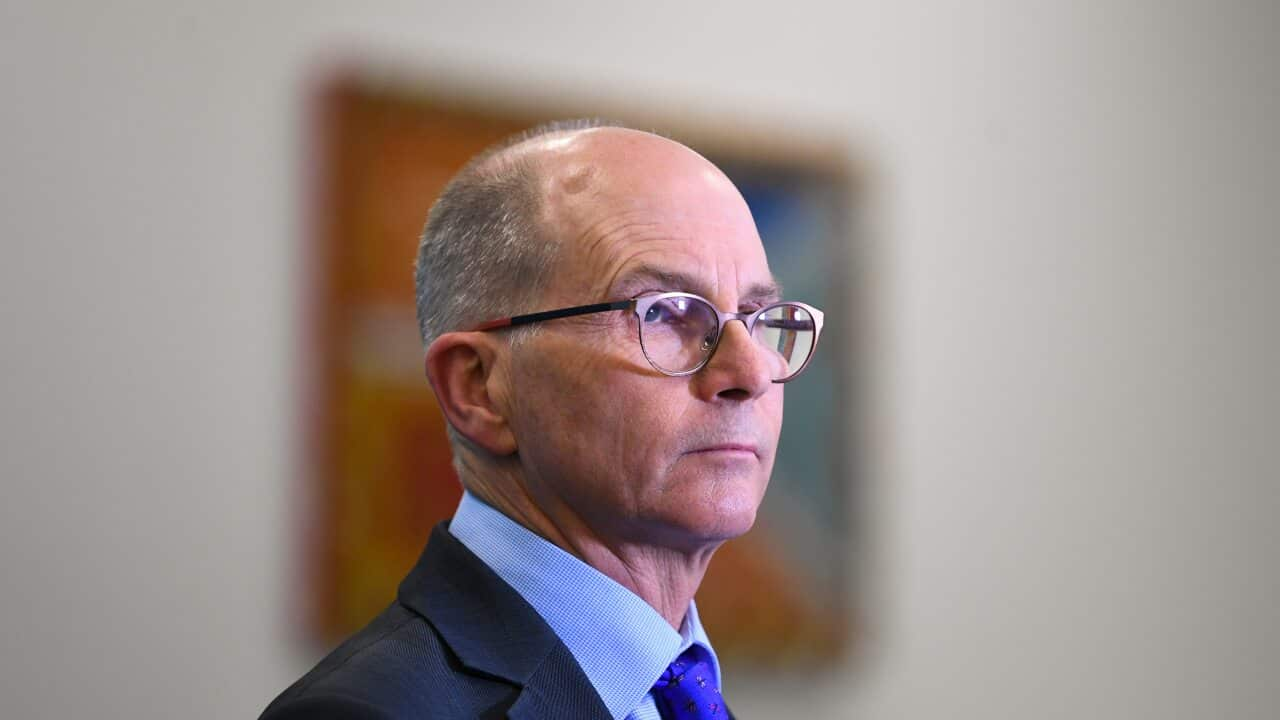The Northern Territory government has reportedly moved many Indigenous people who are substance dependent or homeless from Alice Springs back into remote communities and homelands, but community health experts have said this has contributed to the housing crisis and other social and health issues.
Epidemiologist, Dr Jason Agostino, who works with the Indigenous community in Yarrabah, QLD and is a medical advisor at the National Aboriginal Community Controlled Health Organisation (NACCHO), told NITV News overcrowding could contribute to multiple health problems.
"[In Yarrabah] We have 3,500 people and 350 homes - so overcrowding contributes to a lot of the problems. We see skin problems, heart disease - all that side of things. It's an even bigger issue during coronavirus."
Dr Agostino said that any solution to providing safe accommodation to homeless people is good, but it needs to be developed with the community rather than imposed.
"It's good in principle for being isolated, but obviously that's not something that should be forced upon someone without consultation."
"The key to stopping transmission of coronavirus is about having a safe place to isolate and quarantine. So if people are given the opportunity to safely isolate, then I think that's actually a good thing, you know? If we don't provide people with safe options, they'll spread it to the people that they're interacting with."
Dr Agostino called the Northern Territory government's approach to moving at-risk Indigenous people out of Alice Springs and back into community as "risky".
"We're really concerned about the movement of coronavirus into these communities," he said.
"Addiction doesn't go away because coronavirus is around, and we need to support these people. Without appropriate support which might not be available in these towns, people's addiction will continue, and that can pose on the community."
Dr Agostino hopes that future developments to stop the spread of COVID-19 in Indigenous communities will involve more community-led resolutions.
"If we put people into houses that aren't going to work for the community, then the whole point of putting someone in isolation probably won't be successful because the person won't stay there for 14 days," he said.
"So, unless we get it right and develop it together, then it's not likely to provide a real solution in stopping coronavirus."


